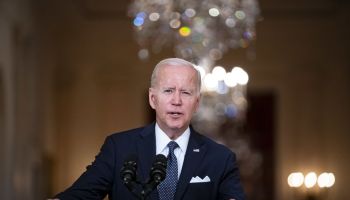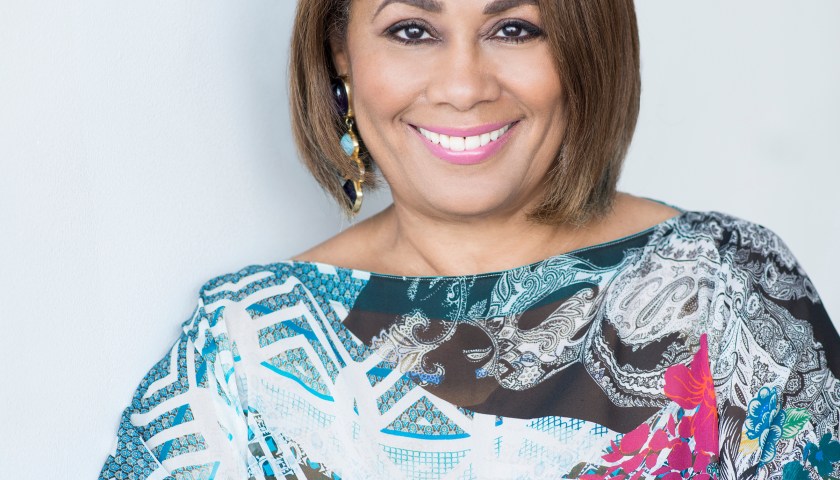As protests erupted in Egypt, Washington struggled desperately to find the right response to the crisis.
For three days straight, as the Cairo crisis gathered momentum, they had hardly left their desks. Now, huddled in the big office of their boss—one of the administration policy-makers trying to calibrate the U.S. response to the unfolding drama—the advisers watched Egyptian President Hosni Mubarak’s first statement. Two television sets were running, one showing CNN and the other a satellite feed from Al Jazeera. Someone had popped popcorn in a microwave. In the old days, their boss reflected, he would have ordered in pizza, but since 9/11 the ever-expanding security precautions had shut down deliveries of take-out.
The mood was buoyant, as revealed by interviews with several officials involved in the ongoing administration debate that provide at least a preliminary glimpse of their concerns as Egypt spiraled toward chaos.
Had there been an office pool, the boss thought, the favored bet would have been that Mubarak was about to “do an LBJ” and repeat what President Lyndon Johnson did in 1968 in the face of a wave of protests: announce he would not stand in the upcoming presidential election. Certainly, Mubarak’s departure would present the U.S. with a new set of daunting challenges, but at least it would quiet the Egyptian streets and buy some time for mediation.
But as the Egyptian president spoke—a couple of the Arabic speakers in the room providing translation—the optimism died. Mubarak announced he was dismissing his government; he talked of reforms. But he also made clear his determination to stay on. There were groans, shaking of heads. This wasn’t going to be enough to halt the tumult in half of Egypt’s cities, and, more disconcertingly, Mubarak’s assertion that the demonstrations were “part of a bigger plot to shake the stability” of Egypt sounded ominous. The Egyptian president had called out the Army on Friday; now his speech sounded as if he was preparing to use it. President Obama’s Middle East advisers believed that if Egyptian security forces opened fire on demonstrators, the country would likely explode. As Mubarak ended his address, someone in the room voiced the thought on everyone’s mind: “Well, what do we do now?”
Courtesy Of Newsweek.com
















